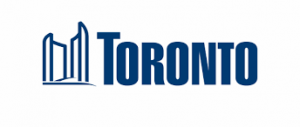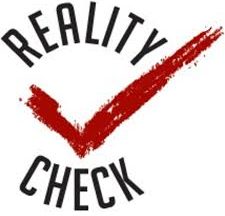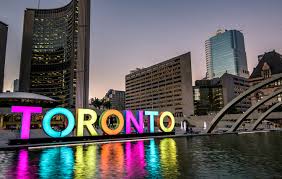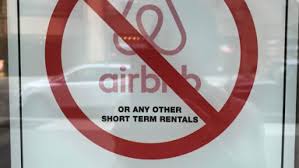 October 2020
October 2020
The number of Airbnb listings have dropped by 90 percent because of Toronto’s newly implemented short-term rental registration system.
As of September 10, 2020, it is illegal to have an Airbnb space not within your principal residence. This includes high-rise condominiums purchased by investors or speculators that have been so troublesome to some communities.
The City of Toronto defines a short-term rental as “all or part of a dwelling unit rented out for less than 28 consecutive days in exchange for payment. This includes bed and breakfasts (B&Bs) but excludes hotels and motels. It also excludes other accommodations where there is no payment.”
Operators of short-term rentals, and short-term rental companies which facilitate rental of these properties, much be registered with the City of Toronto.
Regulations were approved by Toronto Council in January 2018, then appealed to the Local Planning Appeals Tribunal (LPAT). A final ruling in support of the City’s regulations was made in August 2019.
Toronto’s short-term rental regulations
- Short-term rentals, less than 28 consecutive days, permitted in the principal residence of an owner or tenant. Only one principal residence is allowed for each owner or tenant. A principal residence is where you reside and the address used for bills, identification, taxes or insurance.
- For a principal residence, up to three bedrooms can be rented for an unlimited number of nights or the entire home for a maximum of 180 nights per year.
- Individuals offering short-term rentals are required to sign up with the City of Toronto’s short-term rental registry as of September 10, 2020. There is an annual fee of $50. Each registered property will receive a registration number that must appear on short-term rental ads for the property. The City will not grant a license to properties in a building where short-term rentals are prohibited.
- The short-term rental registry will include name, address, emergency contact, building type and other information pertaining to the short-term rental property. There is a requirement to update the registry with the number of nights per year the unit is rented for short-term stays.
- Short-term rental platforms such as Airbnb, Booking.com and Expedia will require a license from the City of Toronto. There is an annual fee of $5,000 plus a $1 fee per night booked on that platform.
- A 4 percent Municipal Accommodation Tax (”MAT”), payable quarterly starting January 1, 2021, to be collected by operators and remitted to the City.
Violators can be convicted of an offence and fined up to up to $10,000/day for each day the offence continues to a maximum of $100,000.
For more information click here.







